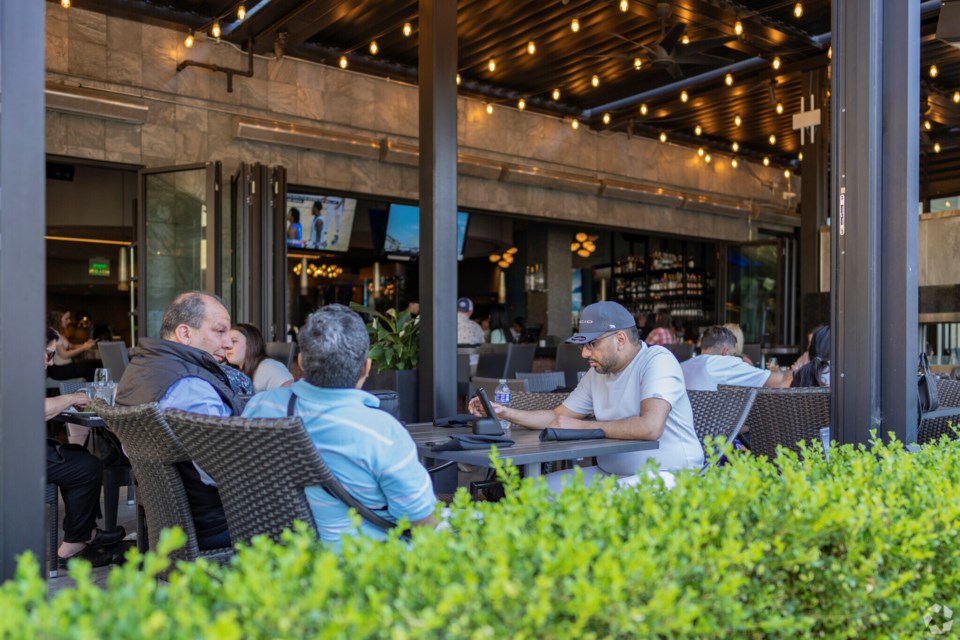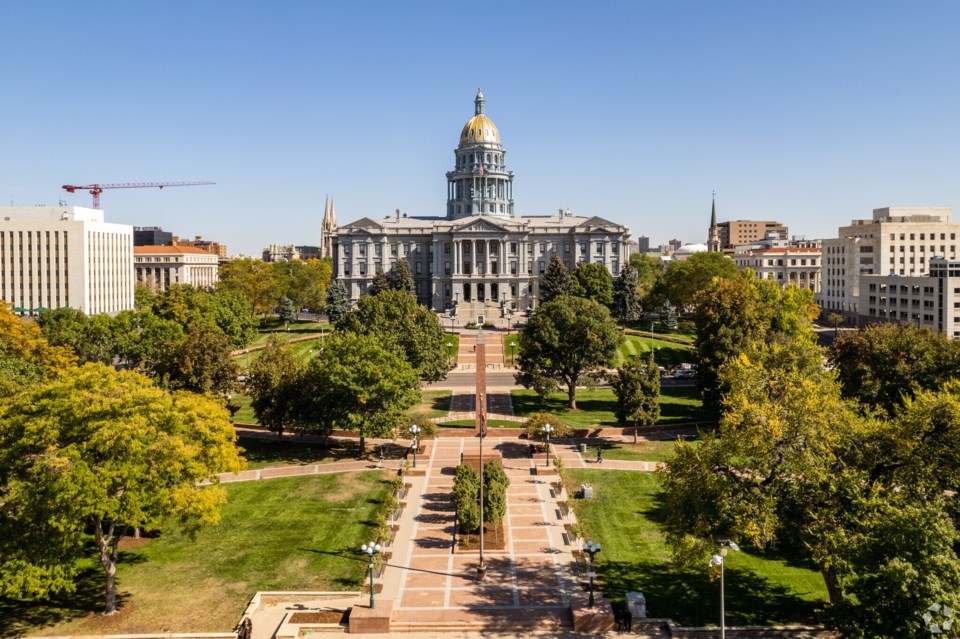In recent years, the term “sanctuary city” has sparked debates across the U.S., and Denver is often mentioned in this conversation. But what exactly does being a sanctuary city mean, and how does it impact the local community?
In this article, we’ll dive into what sanctuary policies are, how they are implemented in Denver, and the effects on residents and city services. Let’s explore the facts about Denver’s approach to immigration and what it means for its residents. So, if you’ve been asking, "Is Denver a sanctuary city?" this article will help clear up any confusion.
What Does Sanctuary City Mean?

A sanctuary city is a term used to describe a city or jurisdiction that limits its cooperation with federal immigration authorities. In practice, this means local law enforcement does not actively seek out or detain people solely for their immigration status. Instead, sanctuary cities prioritize community safety and trust, allowing undocumented immigrants to live and work without the constant fear of deportation. These policies often help improve public safety by encouraging all residents, regardless of immigration status, to report crimes and cooperate with local authorities.
Sanctuary policies vary across different cities and regions. Some may offer protection for immigrants by limiting how much information local law enforcement shares with federal immigration agents, while others may refuse to comply with certain detention requests. The main goal is to create a more inclusive and secure environment where people feel comfortable accessing public services and legal protection without the risk of being targeted for their immigration status.
Is Denver a Sanctuary City?

Yes, Denver operates under sanctuary city policies, although it doesn't officially use the term in its legal framework. The city has enacted measures that restrict the sharing of information about individuals' immigration status with federal agencies like Immigration and Customs Enforcement (ICE). Denver's 2017 "Public Safety Enforcement Priorities Act" specifically ensures that local law enforcement does not inquire about or act on a person’s immigration status unless required by law. This approach fosters a safer environment for immigrant communities and allows them to seek help from city services without fear of deportation.
While Denver does not prevent federal authorities from enforcing immigration laws, it requires them to obtain a court-issued warrant to detain individuals in local jails. This policy reflects the city’s commitment to protecting its residents, regardless of their immigration status, while maintaining the focus on public safety. As a result, Denver has become known for its inclusive policies that aim to support all members of the community, particularly immigrants.
Denver's Sanctuary City Policies:

- Limitation on Cooperation with Federal Immigration Enforcement: Denver’s policies limit coordination between local law enforcement and federal immigration authorities, particularly around civil immigration offenses. This means local authorities are not tasked with detaining individuals solely for being in the country unlawfully.
- Prohibition of Local Detention for Civil Immigration Violations: Colorado law prohibits local law enforcement from assisting federal agents in detaining individuals for civil immigration offenses. This ensures that local police are not used to enforce federal immigration laws.
- 2017 Immigration Ordinance: Denver City Council adopted a comprehensive immigration ordinance in 2017, placing further restrictions on cooperation with Immigration and Customs Enforcement (ICE). Notably, the ordinance prevents ICE agents from entering secure areas in the city jail without a court-issued warrant.
- Notification of ICE in Certain Cases: While Denver generally does not cooperate with ICE, the city does notify federal authorities about the release of individuals who are subject to federal criminal warrants. This includes situations where ICE agents are present to take custody of suspects upon their release from local jails.
- Detainer Requests: Denver cooperates with ICE in some specific instances, such as complying with detainer requests for individuals who are subject to federal criminal warrants, ensuring that federal law enforcement can take action when necessary.
- Public Safety and Community Trust: Denver's sanctuary policies are designed to foster trust within immigrant communities by reducing fear of deportation. The city argues that this trust is crucial for improving public safety, as it encourages residents to cooperate with law enforcement without the worry of immigration-related consequences.
- Focus on Public Safety and Legal Compliance: Despite the city's sanctuary stance, Denver maintains that its policies comply with all applicable state and federal laws. The city emphasizes its commitment to protecting both local residents and law enforcement officers while balancing immigration enforcement priorities.
- Occasional Tensions with ICE: While Denver generally follows these sanctuary policies, incidents like the release of suspected criminals such as Abraham Gonzalez have led to tensions between local authorities and ICE. However, such occurrences are rare, and Denver has worked with ICE to improve coordination and minimize conflicts.
Impact of Sanctuary Policies in Colorado:

- Economic Strain on Taxpayers: Colorado taxpayers are feeling the financial burden of sanctuary policies, which have led to increased costs in various sectors, including law enforcement, healthcare, and education.
- Targeted by Criminal Organizations: Denver's status as a sanctuary city has made it a target for criminal organizations like Tren de Aragua, which has chosen the city as its American headquarters. This has led to increased criminal activity in the region.
- Strain on Local Hospitals: Local hospitals are facing significant strain as they deal with an influx of immigrant populations, leading to higher healthcare costs and challenges in meeting the needs of all residents.
- Overwhelmed School Systems: Denver's public schools are overwhelmed due to a growing number of students, many of whom are immigrants, which puts pressure on resources, teachers, and facilities.
- Cuts to Public Safety Budgets: In an effort to accommodate the growing immigrant population, Denver has had to cut public safety budgets, which has impacted the city's ability to address rising crime and ensure community safety.
Conclusion: The Impact and Future of Denver's Sanctuary City Policies
In conclusion, while Denver's status as a sanctuary city aims to protect immigrant communities and build trust, it has come with significant challenges. From rising crime rates to the strain on public resources, the impact of these policies is felt across the city. Understanding Denver's sanctuary city status and its consequences is crucial as the city navigates balancing compassion with public safety and fiscal responsibility.


